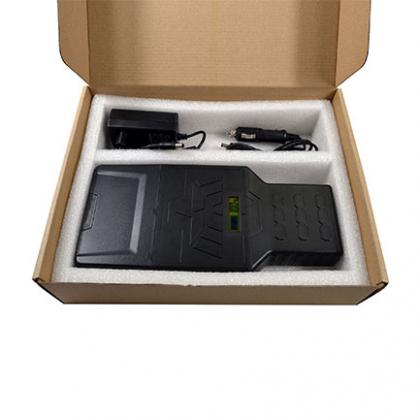Mobile phone interference laws vary around the world.
Japan allows jammers to be installed in public places such as theaters and concert halls, provided they have a government-issued license. The French Minister of Industry has decided to install cinemas, concert halls and theaters in cases where emergency calls cannot be made.
Schools in China and India use cell phone jammer to stop fraudsters. Mexico allows churches and hospitals to malfunction. The main customer is the bank. They want to prevent potential thieves from communicating with their employees. The Mexican government plans to use it in prisons. Pakistan allows banks and libraries to be blocked.

Canada believes that it can be blocked under similar circumstances. But Industry Canada, which oversees Canadian telecommunications operations, chose to oppose this move, saying that these devices may infringe on personal freedom and compromise public safety by weakening communications with law enforcement and security agencies.
Dozens of countries/regions including Canada, Mexico, Germany, New Zealand, Norway, and Turkey allow police or prison officials to use Jammer.
Most countries, including the United States, use jammers to prevent bomb attacks triggered by mobile phones against government leaders. When President Obama was walking on Pennsylvania Avenue after taking office, all cell phones in the area were blocked. United States. Military-purpose jammers can prevent roadside bomb attacks in Iraq, and of course there are other uses for jammers.
Netline officials sold their first batch of Jammers in 1998, saying that they sold thousands of Jammers each year and expanded their business to all over the world.
You are far from the only manufacturer. These devices are sold all over the world, and dozens of suppliers sell them on the Internet.
Medic is headquartered in Tokyo and has sold thousands of Wave jammers for live events. Commuters are still mobile phone jammers for chatting with train passengers.
In Scotland, Ronnie McGuire, owner of electrical and electronic engineering services, imported Taiwanese-made cell phone blockers and sold them to hotels, restaurants, and bars until the local newspaper reported that it was in the UK Illegal activities.
McGill said that he will still import Taiwanese equipment, but only export it to countries that allow export.
